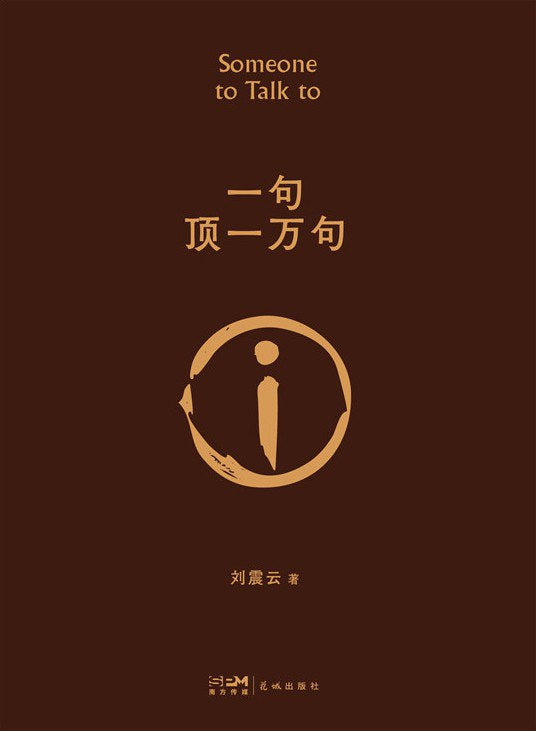WULOLIFE
《一句顶一万句》作者: 刘震云 出版社: 花城出版社 出品方: 长江新世纪
《一句顶一万句》作者: 刘震云 出版社: 花城出版社 出品方: 长江新世纪
Sale
Sold out
Regular price
€22,00 EUR
Regular price
Sale price
€22,00 EUR
Unit price
per
Shipping calculated at checkout.
Couldn't load pickup availability
Description
内容简介 · · · · · ·
《一句顶一万句》的故事很简单,小说的前半部写的是过去:孤独无助的吴摩西失去唯一能够“说得上话”的养女,为了寻找,走出延津;小说的后半部写的是现在:吴摩西养一走一来,延宕百年。书中的人物大部分是中国最底层的老百姓,偏偏安排了一个意大利牧师老詹。
作者简介 · · · · · ·
刘震云,男,1958年5加中国人民解放军。19 78 years ago, 1982工作。1988年至1991年曾到北京师范大学。1982年开始创作,1987年后连续发表在《人民文学》《塔铺》、《新兵连》、《头人》、《单位》、《官场》、《一地鸡毛》、《官人》、《温故一九四二》等描写城市社会的“单位系列”和干部生活的“官场系列”,引起强烈反响在这些作品中,他迅速表现出成为大作家的潜在能力,确立了权力和民生问题,但又不失于简洁直接的白描手法,也因此被称为“新写实主义”作家。其中《塔铺》获1987-1988全国优秀短篇小说奖。
目录 · · · · · ·
编者荐言 一句胜过千年上部 出延津记下部 回延津记
